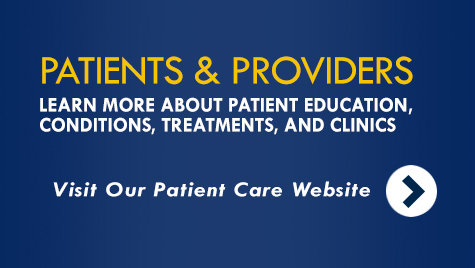The University of Michigan offers a 6-year, MD-integrated Oral and Maxillofacial Surgery (OMS) Residency Program. The program is fully accredited by the Commission on Dental Accreditation (CODA) of the American Dental Association. Upon completion of residency, graduates obtain a Doctor of Medicine from the University of Michigan School of Dentistry, a two-year certificate of completion of General Surgery training, and a certificate of completion of Oral and Maxillofacial Surgery residency. Three categorical residents are admitted per year.
Residents rotate on surgical services across Michigan Medicine, a highly ranked academic medical center home to three hospitals and six specialty centers in Ann Arbor.
Home to a Level 1 adult and pediatric trauma center, the University of Michigan attracts patients from around the region, the country, and the world. Residents are exposed to a high volume of cases, including advanced and complex cases not found at other institutions.
Training covers the breadth of OMS and includes but is not limited to:
- Dentoalveolar surgery
- Dental implantology, maxillofacial implants, and CAD/CAM technology
- Trauma of the head and neck
- Outpatient and general anesthesia in adults and pediatrics
- Surgical management of the airway
- Minimally invasive and open temporomandibular joint disorder treatments
- Orthognathic surgery and computer-aided surgery
- Pediatric maxillofacial surgery and congenital anomalies
- Cleft lip and palate surgery
- Benign and malignant pathology
- Local, regional and free flap reconstruction
- Nerve repair surgery
- Minimally-invasive cosmetic procedures


